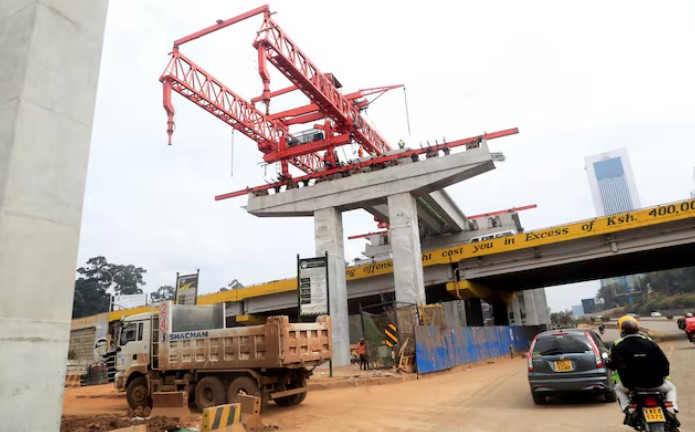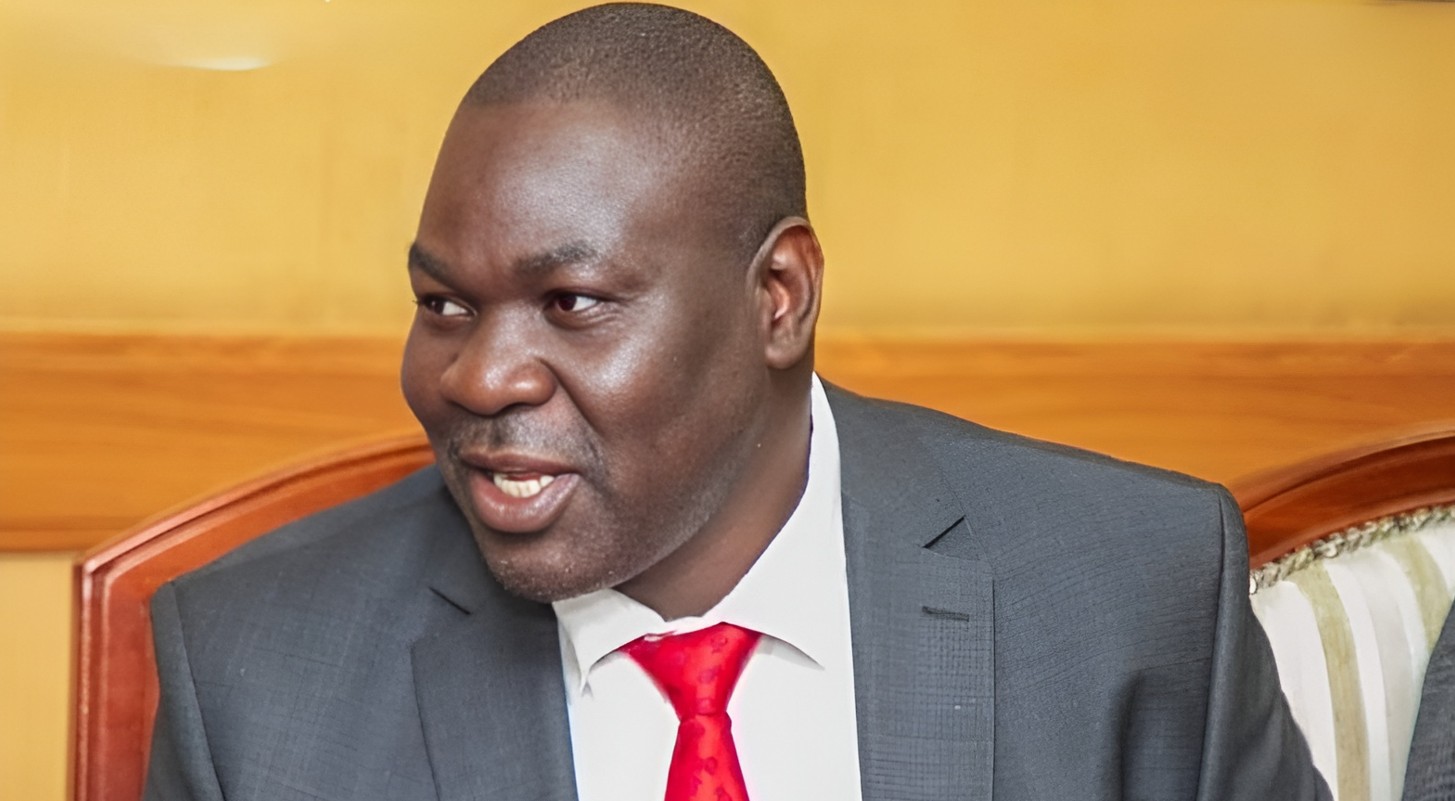Kenya's private sector sees best growth in 20 months amid falling input costs

Output and new orders recorded strong gains in May as firms reported increased consumer demand.
The stability in private sector business conditions in Kenya improved in May, thanks to the easing input costs and rising new businesses.
According to the latest Purchasing Managers' Index (PMI) by Stanbic Bank, reductions in fuel prices and import costs led to a further drop in overall input prices in the period under review.
More To Read
- Rising prices, protests shrank private sector economy in July - report
- KEPSA calls on banks to raise lending to private businesses to 15 per cent to spur growth
- Private sector activity rises to 10-month high in March
- Why Kenya is currently not the best destination choice for investors - KAM
- Tough economic conditions slow down private sector customer demand in January
- Private businesses borrowed Sh477 billion in 2023
The upturn in activity is the sharpest recorded in 20 months, as is input buying growth.
The headline PMI rose to 51.8 from 50.1 in April, signalling a moderate improvement in the health of the private sector economy.
Readings above 50.0 signal an improvement in business conditions in the previous month, while readings below 50.0 show a deterioration.
Christopher Legilisho, an economist at Standard Bank said the May PMI is a surprising improvement which implies a further improvement in economic activity.
"We had expected to see some impact from the recent floods," Legilisho said.
Strong gains
Output and new orders recorded strong gains in May as firms reported increased consumer demand.
Notably, output expansions were only registered in the services, manufacturing as well as wholesale and retail sectors.
By contrast, agriculture and construction saw output decrease, as firms highlighted the impact of heavy rainfall and floods.
Kenyan firms increased their purchasing activity at a quicker rate in May amid rising sales and output requirements.
Job creation continued for a fifth successive month amid larger workloads and prospects of new business.
The survey further reveals that firms purchased larger quantities, raising their inventory levels and improving their buffers.
Meanwhile, output prices increased only slightly, aligning with the lender's view that inflationary pressures have eased and the efforts to improve margins, though there were many reports of firms passing on cost reductions to clients.
Nonetheless, wage pressures remained prevalent as firms continued to hire because they foresaw improved demand.
"Though firms are positive about expectations over the next 12 months, this optimism is still well below the long-term average," Legilisho said.
Kenyan businesses remain more confident about future activity than at the start of the year, despite the degree of confidence slipping from April's 13-month high.
Growth projections partly reflected plans to open branches, purchase new vehicles and boost marketing spending.
Top Stories Today










































